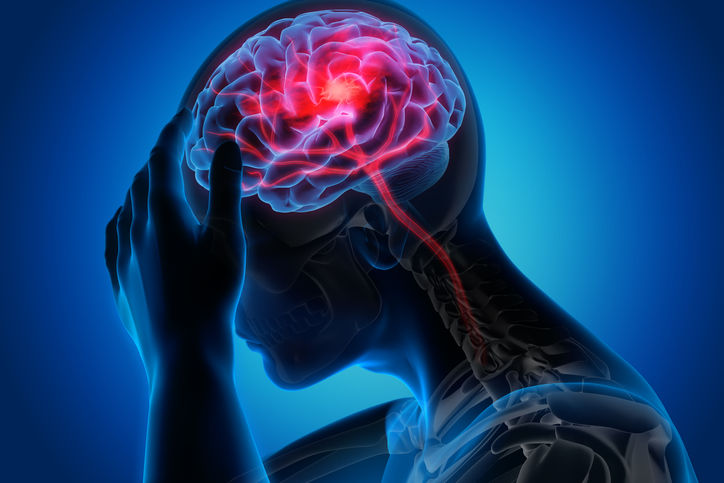
Photo for representational purpose only. iStock
New Delhi, April 15
Two brain systems have been found to function improperly in people experiencing psychosis, where they have trouble distinguishing between what is real and what is not, according to a new research led by Stanford University, US.
These systems were found to be -- one, a ‘filter’ directing attention towards what is important externally and internally, and two, a ‘predictor’ involved in anticipating rewards.
The filtering system, or the salience network, helps us dismiss irrational thoughts so that we can focus on what’s real and meaningful to us, such as paying attention to traffic while driving, researchers explained.
The reward predicting system, driven by dopamine, is critical to anticipating what will be rewarding or important, they said.
Together, they malfunction in a way such that thoughts not linked to reality capture the brain’s cognition networks, said Vinod Menon, a professor of psychiatry and behavioural sciences, Stanford University, US.
“This process derails the normal functioning of cognitive control, allowing intrusive thoughts to dominate, culminating in symptoms we recognise as psychosis,” said Menon, senior author of the study published in the journal ‘Molecular Psychiatry’.
In psychosis, patients experience hallucinations, such as hearing voices, and hold delusional beliefs, such as thinking that people who are not real exist, the researchers said. The state is known to occur either on its own, or as a symptom of mental illnesses such as bipolar disorder and schizophrenia.
For the study, the researchers analysed brain scans of people aged 6-39 years with psychosis. They found the two brain regions contributing the most to psychosis were the anterior insula, which is a key part of the salience or ‘filtering’ network, and the ventral striatum, which is the ‘reward predicting’ one.
The findings provide a good model for understanding the development and progression of schizophrenia, according to lead author Kaustubh Supekar, clinical associate professor of psychiatry and behavioral sciences.
“In schizophrenia, by the time of diagnosis, a lot of damage has already occurred in the brain, and it can be very difficult to change the course of the disease,” said Supekar.
“What we saw is that, early on, functional interactions among brain regions within the same brain systems are abnormal,” he said adding, “The abnormalities do not start when you are in your 20s; they are evident even when you are seven or eight.”
Join Whatsapp Channel of The Tribune for latest updates.



























